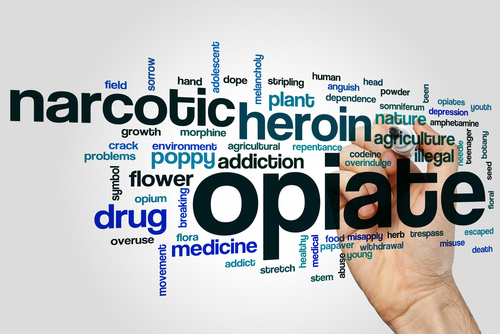Do You Need To Detox From Marijuana?
Any substance that has been consistently present in one’s system will take time to exit, and will likely require an individual to undergo detox. Detox is the process by which a person rids her body of all foreign substances. Marijuana also referred to as weed, is the dried leaves, stems, seeds, and flowers of the cannabis plant. It contains THC (Tetrahydrocannabinol), which is the active chemical that produces psychological effects. There is a notion that due to the fact that marijuana is an organic substance, there are no adverse effects with its use, but when it is abused this is not entirely true. According to the National Institute on Drug Abuse (NIDA) in 2018 more than 11.8 million young adults reported using marijuana in the past year, and it remains is the second most commonly used psychotropic drug in America.
Withdrawal Symptoms
When an individual’s body becomes more accustomed to functioning with marijuana present than without, her body has an initial physiological reaction to its absence. These symptoms that present during detox are called withdrawal symptoms. They can manifest with varying levels of severity as negative emotional, physical, and/ or behavioral symptoms. Common examples of withdrawal symptoms could include, but are not limited to, any combination of the following, as provided by Medical News Today:
- Mood swings
- Insomnia
- Headaches
- Diminished appetite
- Concentration difficulty
- Sweating
- Chills
- Aggression
- Depression
- Restlessness
- Fever
- Irritability
- Anxiety
- Marijuana cravings
- Stomach cramps
- Diarrhea
Every individual is different and will have a somewhat unique set of withdrawal symptoms when it comes to detoxing from marijuana. While marijuana is not as innately addictive as other commonly abused substances (e.g. cocaine, heroin, alcohol…etc.), it is important to note that any person that engages in chronic marijuana abuse is at increased risk for experiencing adverse withdrawal symptoms during detox.
Types of Detox
There are several different types of detox available to those in need, each offers varying levels of support. Depending on her needs, an individual could undergo an unsupervised detox, where she quits using marijuana and stops “cold-turkey.” There are supervised detox programs that offer non-medical twenty-four-hour support during the acute detox phase. There are medically supervised detox programs that offer twenty-four-hour supervision by medically qualified personnel, and there are medically assisted detox programs that distribute medication during the detox phase and provide twenty-four-hour supervision by medically qualified staff. The duration of detox is variable, as it will depend on the substance abused, the personal health history of the individual, the length of time she abused the substance, the potency of the substance abused, the amount of the substance abused, if the substance was mixed with any other drugs or alcohol, and the presence of any comorbid disorders.
For Information and Support
Substance abuse and addiction can be incredibly dangerous and can result in severe short and long-term consequences. If you or someone you know is suffering from substance abuse or addiction, please get help as soon as possible. The earlier you seek support, the sooner you and your loved ones can return to leading happy, healthy, and fulfilling lives. There is no reason to go through this alone, and we are here to help. Please feel free to reach out to us for further information or with any questions regarding substance abuse or addiction. We are available anytime via telephone at: 213-389-9964, or you can always email us at: info@friendlyhousela.org.



